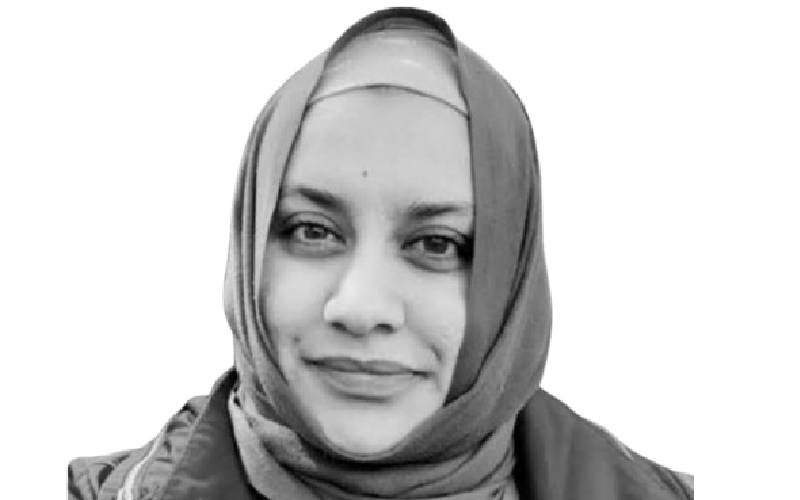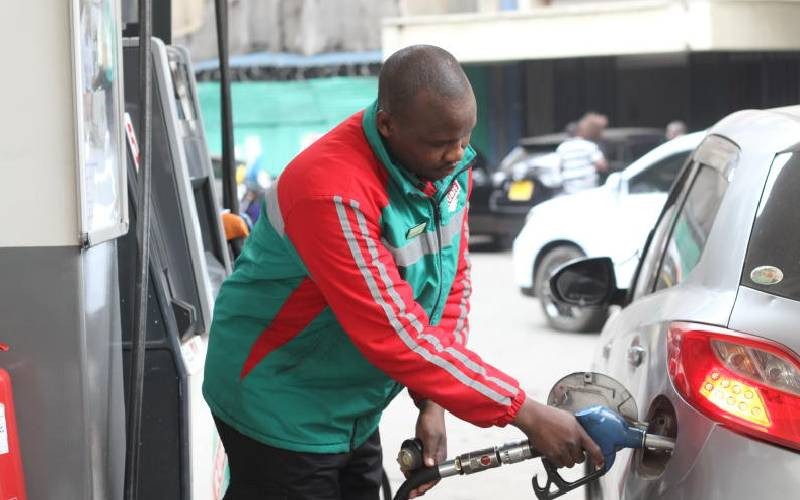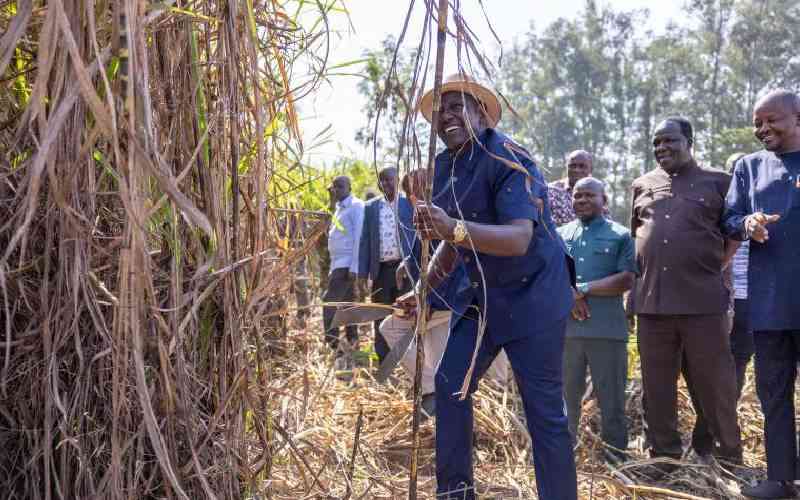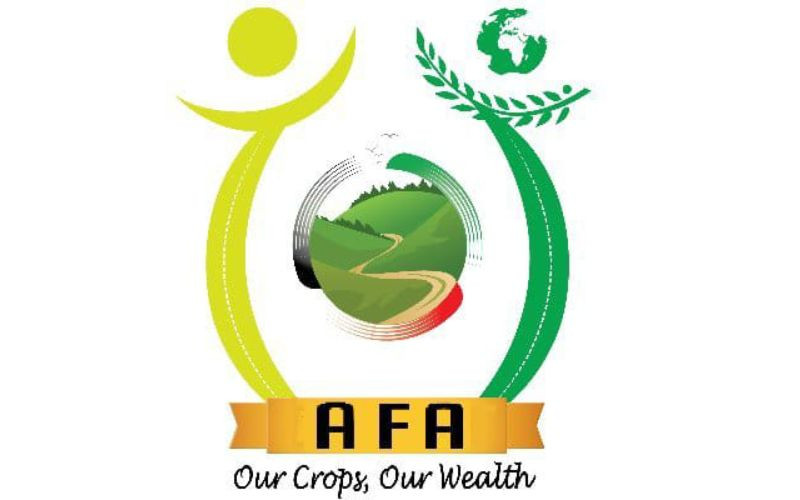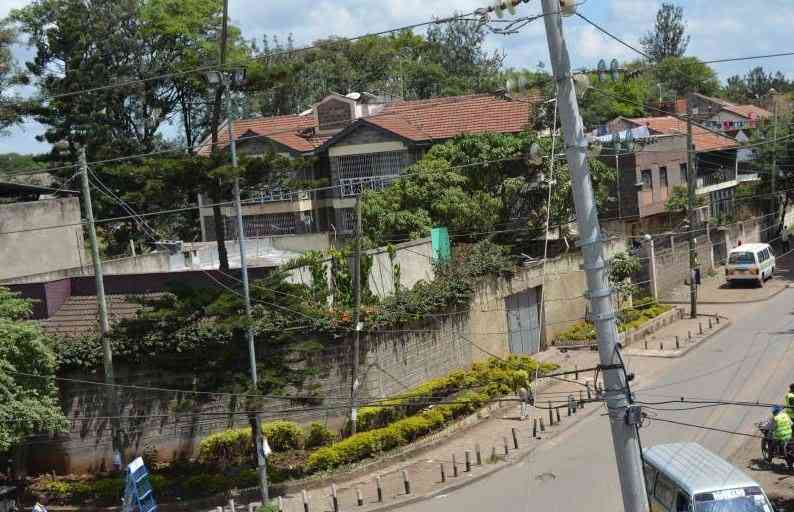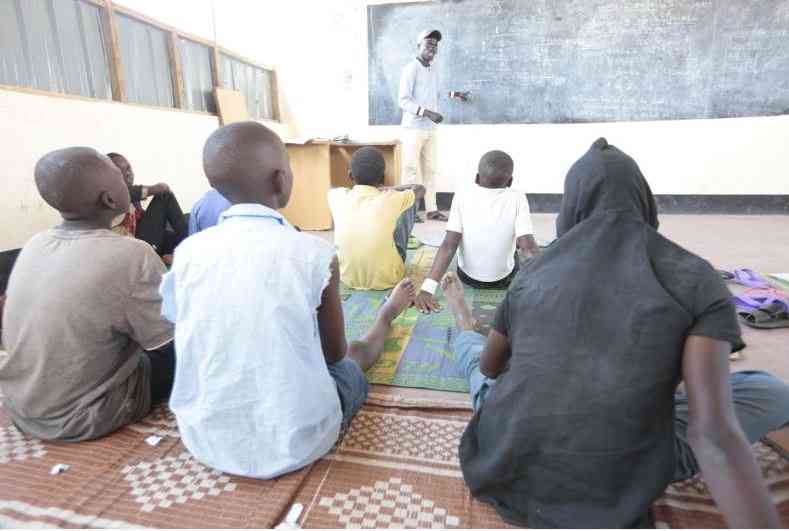
The High Court yesterday ordered the government to change the citizenship law to recognise children born out of relationships between Kenyan citizens and refugees in the country as Kenyans.
In his judgment on Thursday, Justice John Onyiego said that the minors cannot be stateless as they were born and raised on Kenyan soil.
He directed Attorney General Dorcas Oduor to initiate the amendment to the Kenya Citizenship and Immigration Act within one year to give the minors a right to be citizens by birth.
At the same time, the judge also opened the doors for refugees who are married to Kenyans to claim residence and subsequently citizenship using their refugee documents.
At the heart of the case was the status of children born out of a relationship between Kenyans and refugees.
For years, Kenya has been home to millions of refugees fleeing from war in their countries.
In the early 1990s, Kenya received its largest number of asylum seekers following civil war in Somalia and South Sudan.
Most of those who fled the two countries were granted refugee status by Kenya. It followed that Ifo, Dagahaley, and Hagadera camps in Dadaab, Garissa County, and afterwards Kakuma Refugee Camp in the county were opened.
There are also refugees from Congo and Ethiopia.
According to the United Nations High Commission for Refugees (UNHCR), most refugees and asylum seekers in Kenya originate from Somalia, at 53 per cent of the population.
Other major nationalities are South Sudanese (25 per cent), Congolese (10 per cent), and Ethiopians (5.6 per cent).
Meanwhile, Sudan, Rwanda, Eritrea, Burundi, Uganda and others make up 6.9 per cent of the total population.
UNHCR data reveals that there were 550,827 refugees in Kenya as of April this year. According to the agency, almost half of the refugees in Kenya (43 per cent) reside in Dadaab, 41 per cent in Kakuma and 16 per cent in urban areas, mainly Nairobi.
Data also indicates that there are at least 18,500 stateless persons living in the country.
Out of the many who have crossed into Kenya and sought asylum in the country, there are those who have found love, married Kenyans and borne children.
Stay informed. Subscribe to our newsletter
However, the government did not recognise children born in the country to Kenyan and refugee parents as its citizens.
Is the minor a Kenyan or a refugee? This is the question that the court was being asked to answer.
Mahat Maulid, a father of 11, faced this dilemma.
Maulid, a polygamous man, has part of his family and children living the Kenyan dream while another part is at Hagadera Refugee Camp. In his first marriage, he had seven children, while in the second marriage he has four.
The children from the second marriage are at the heart of the dispute pitting Maulid and Haki na Sheria Initiative against the Interior and National Administration Cabinet Secretary, Director General of Immigration and Immigration Services, Principal Registrar of Births and Deaths and the Attorney General.
Maulid's son, however, was the poster boy of the dilemma that Kenyans who have children with refugees faced.
According to the case filed by lawyer Yussuf Bashir, the son, codenamed AMM, is known by the government as a refugee despite having a Kenyan father.
The boy was born on 23 October 2017 at Hagadera Refugee Camp in Dadaab and has been living with his mother since his birth.
The papers filed before the Constitutional Court read that upon the minor’s birth, his parents were issued with a birth notification bearing the United Nations High Commission for Refugees (UNHCR) stamp.
Later on, he was given a birth certificate indicating that he was a refugee. At the same time, his details were entered into the refugee database.
“The birth notification bearing the UNHCR stamp, the certificate of birth bearing the ‘refugee’ stamp and entry of particulars in the refugee database designate him, his siblings and all the other children in similar circumstances,” said Bashir.
The minor, according to the court papers, is now fully confined in the refugee camp, cannot attend school outside the camp, and he cannot visit his extended family as law enforcement officers do not allow them to leave.
“AMM and his siblings and other children in similar circumstances as him are not able to move out of the refugee camp. On multiple occasions, AMM and his siblings have tried to go to Garissa town for medical treatment, school and family visits but were denied due to the nature of the birth notifications and certificate of birth issued to them by the respondents.
At all times, when they reached the barrier points between Dadaab and Garissa, their identification documents were sought and they were sent back to Hagadera Refugee Camp as soon as the birth notification bearing the UNHCR stamp or birth certificate bearing the words ‘refugee’ were produced,” court papers also read.
Maulid attributes the challenges to the lack of a registrar of persons at Dadaab Sub-county. He says that UNHCR is left to do the registrar’s work at the camps.
“The third respondent’s closest office is located in Garissa town, more than 100km away from Dadaab. This makes accessibility of services of the third respondent more difficult for children like AMM. The services of the third respondent, that is issuance of birth notifications and certificates of birth, are in fact provided by the UNHCR on behalf of the respondents,” he claims, adding that there are more refugees with birth certificates in Dadaab than Kenyans.
The man also claimed that the government does not allow rectification of such crucial documents when it is notified.
“By designating the children arising out of the union between a refugee and a Kenyan citizen, such as AMM, as refugees, the respondents unilaterally stripped these children of their Kenyan citizenship at birth and exposed them to statelessness,” Maulid argued.
According to him, the government has discriminated against his son and his siblings who were born to a refugee mother, as compared to their step-siblings who were born to their Kenyan mother.
Maulid was of the view that his children had been denied the right to move within their country despite being born on Kenyan soil and fathered by a Kenyan.
He accused the government of failing to provide quality healthcare, housing, education, food, water and sanitation to his children by confining them in a refugee camp.
Maulid lamented that the uncertainty created by the issue has denied his children the warmth of being in a family and has equally altered their future.
“It is the petitioner’s case that the actions of the respondents alter the destiny of children like AMM, his siblings and other children arising from a union between Kenyan citizens and refugees and result in violation or threat of violation of their fundamental rights and freedoms, which contravenes the rights of a child and principle of the best interest of the child, contrary to Article 53 of the Constitution,” he says.
Maulid and Haki na Sheria Initiative want an order made that the differential treatment amounts to unjust treatment and violation of the minors' rights, including confining them in a restricted area.
“Your petitioner therefore prays for a declaration that all children arising from unions with Kenyans are Kenyans by birth pursuant to Article 14 (1) of the Constitution and are entitled to all rights, privileges and benefits granted by law… a declaration that the respondents' unjustified separation of AMM and all children arising out of unions between refugees and Kenyan citizens from the rest of their Kenyan families is against Article 45 of the Constitution on the protection of family as the basic unit,” they argued.
They also want the court to order all children born out of relationships between Kenyans and refugees at Dadaab removed from the camps, and their birth documents amended to reflect the correct citizenship.
Maulid, in his supporting affidavit, wants the court to order that children born to Kenyans and refugees are Kenyan citizens.

